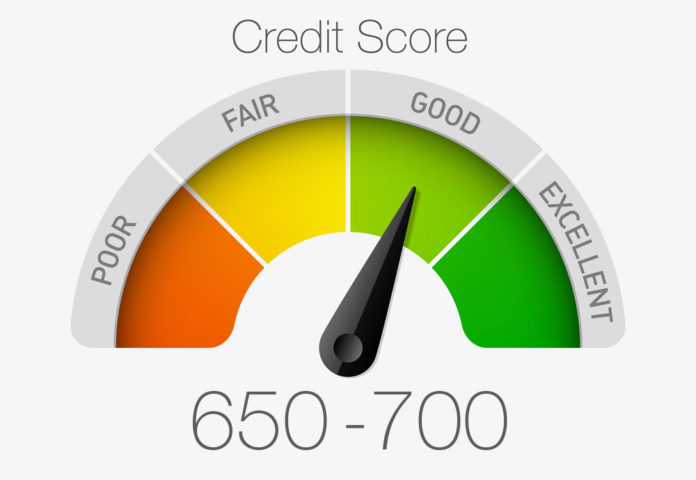Why? Because, while many of us might be aware we have a score, a lot fewer of us really understand how it works.
So, to help put your mind at ease, here are six of the most common credit score myths – busted!
There is no such thing as a credit ‘blacklist’ and so neither you nor your home will ever feature on any roll call of credit shame.MYTH 1: Your address could be ‘blacklisted’
It doesn’t matter if the previous occupant was a prince or a pauper, your credit score is a personal record and so you will not find any evidence of them on your credit report – unless, that is, you share a financial connection with them, which leads nicely on to…
MYTH 2: If your partner – or spouse, even – has a bad score, your score will also suffer
A credit score is specific to you and only features information on your lending history.
The only way someone else’s credit history can affect you is if you have a financial connection with them – a joint mortgage or credit card, for instance. Then lenders may look at their credit report in addition to yours as their financial situation could affect your ability to repay.
Living with someone, or even being married to them, does not – by itself – create a financial connection.
MYTH 3: The less you borrow, the better your score
The whole point of a credit score is that it allows lenders to judge from your previous borrowing and repayment habits whether or not you’re too much of a risk to lend to.
So if you’ve never borrowed, or only borrowed very little, this gives them less to go on and makes their decision harder – which has an adverse effect on your credit score.
You need to strike a balance though – each of us has a limit on the amount we can borrow and so maxing yourself out with loans, credit cards and overdrafts will also negatively impact your score.
MYTH 4: You can’t get a credit card with a bad score
Although lenders keep the best deals for those with the best credit scores, just because you have a bad credit score it doesn’t mean you can’t get a credit card.
There are a number of credit cards designed specifically for those with poor credit scores. The downside is you’ll usually be offered a low credit limit to start with and the interest rates on these cards are high.
However, if you make your repayments on time each month, try to clear your balance each month and use the card sensibly, your credit limit is likely to increase and your credit score should improve.
MYTH 5: Credit reference agencies all use the same scoring system
One of the biggest causes of credit score confusion is the fact there is more than one credit referencing agency – and they can all hold different scores for you.
Each agency will rate and rank information according to its own criteria and experience. Experian and Equifax express your score out of 999, for example, while Callcredit scores you out of five.
Not all lenders use the same agency when running their checks, so rejection by one may not necessarily mean rejection by another.
MYTH 6: You need to sign up with an agency to get your credit score
By law, credit reference agencies must offer you a statutory credit report that can be posted to you for just £2 – so to get your score from each major agency (Experian, Equifax and Callcredit) you need pay no more than £6.
Experian is also now offering a free CreditMatcher service which allows you to see your credit score free of charge. Noddle and ClearScore also both offer free access to your credit report.
However, you can sign up for a package if you want a more detailed report and to receive email alerts if anything changes. You can usually sign up for a 30-day free trial, but if you don’t want to pay for the service once this trial has finished, you’ll need to remember to cancel it.


















